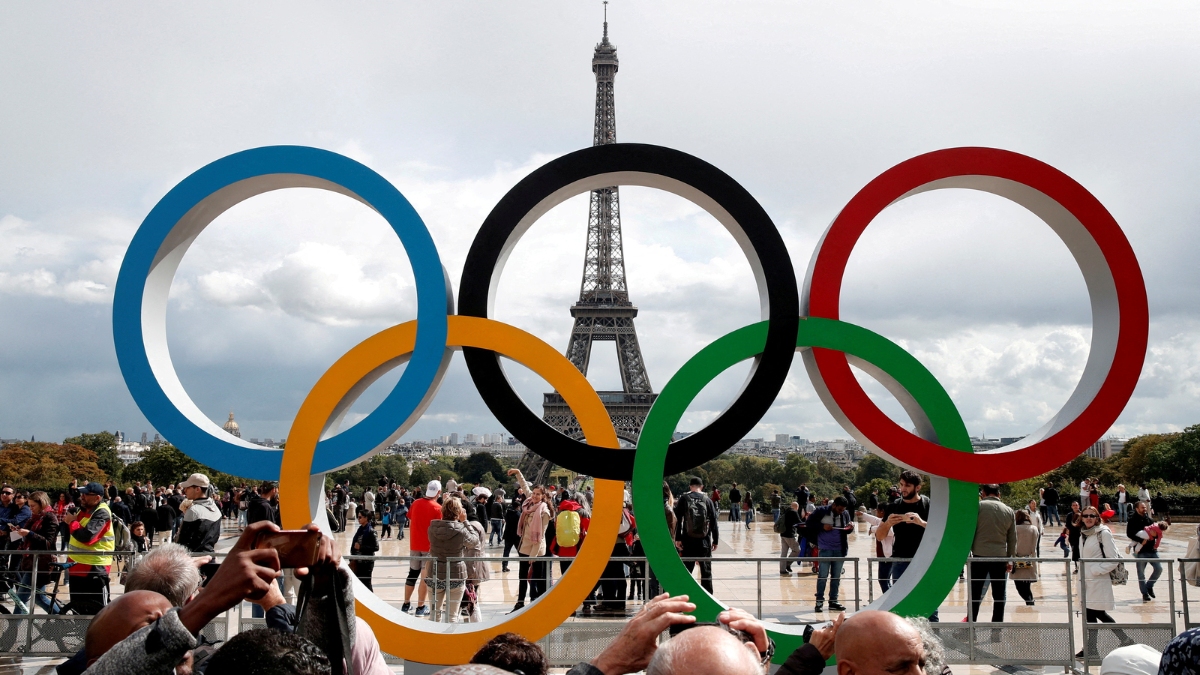The French capital of Paris is set to host the 2024 Summer Olympics from July 26 to August 11. However, data shows that the country is in a precarious financial situation ahead of the international multi-sport event.
France’s public finances are mired in debt, and its economic growth forecast has recently been lowered to 1 per cent.
Fiscal deficit remains high
The National Institute of Statistics and Economic Studies (INSEE ), France’s national statistics bureau, on Tuesday said that the nation’s public deficit jumped to 5.5 per cent of gross domestic product (GDP), or 154 billion euros in 2023.
The number is much higher than what was predicted.
Pierre Moscovici, the head of the Cour des Comptes (Court of Accounts) said that the slippage was “major” and “very, very rare” in French budgetary history. The Court of Accounts is France’s top audit institution.
France’s public sector debt is at a whopping 110.6 per cent of the GDP. That makes France the third-most indebted country in the Eurozone, only ahead of Greece and Italy.
President Emmanuel Macron’s government has announced 10 billion euros of spending cuts to meet its deficit target of 4.4 per cent of GDP this year.
Economic growth in a slump
In February, the French government reduced its forecast for 2024 GDP growth from 1.4 per cent to 1 per cent. The wars in Ukraine and Gaza were cited as reasons for this expected slump. Moreover, economic slowdown in France’s top trading partners, Germany and China, has cast a long shadow on the country’s growth prospects.
Impact Shorts
More ShortsEnforcing budgetary cuts to control the fiscal deficit can undermine economic growth further.
Government spending for Paris Olympics
The budget for the multinational competitive event will be used for planning, preparing and operating the facilities, welcoming the delegations, housing and transporting the athletes, organising the competitions, and providing security at the competition venues.
The government does have to dip into their funds for some aspects of hosting the event. For instance, earlier this month, the administration announced that they will pay bonuses or 500-1,000 euros to civil servants who are working directly for the Paris Olympics.
The announcement of these incentives followed threats of strikes from union officials concerned about working conditions during the event.
‘Lean’ budget for 2024 Olympics
Usually, governments also spend extensively for sporting venues and construction of the Olymics village. However, France has take the path of “lean” spending for the Olympics.
The sporting venues for the Paris Olympics 2024 are spread across the French capital and adjoining regions, as well as Tahiti in French Polynesia. According to a report by credit rating agency S&P Global, around 95 per cent of the venues are either already being built or needing only minor refurbishment.
The International Olympic Committee (IOC) has said that around 96 per cent of the 9 billion euros budget comes from the private sector, including from partner companies, the Games ticket office, and licensing.
“We do not expect the games to weigh significantly on French public-sector entities, including Paris and the central government,” S&P has said.
Yet, rising deficit and debt levels push inflation up and weaken the currency. The increase because of this– even for only 4 per cent of the overall Olympics budget– would be a hefty amount. It is also crucial to remember that these budgets tend to balloon up significantly in the months leading up to the Olympics.
Whether France is able to stick to its austere ‘lean’ spending plan remains to be seen.
With inputs from agencies


)

)
)
)
)
)
)
)
)



